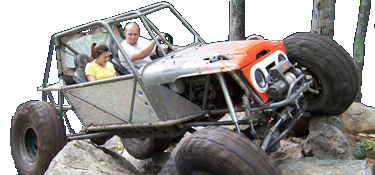a_kelley
mechanical fixer
- Joined
- Jan 26, 2010
- Location
- Rutherfordton
Did a head job on an accord 2.3. deck was warped .003 in 5 inches. Smoothed it out, it was fine for 3-4 weeks. VTEC system failed first (no wonder, supposed to have 57 psi @ 4k) fail safed to no rev past 4k after about twenty miles after reset. Fast forward fifteen miles. Oil light flickering at idle. Five more miles, rod knock. Tore bottom end down, spun 4/5 mains. What's the most probable cause? Warped block resulting in out of align crank bearings? That's the most logical explanation I've heard. Others were mickeyed oil, excessive clearance to begin with, and bad luck(that is the worst explanation which doesn't satisfy my curiosity) no coolant contaminated the oil at any point, but radiator was completely stopped up with stop leak. What say ye?



